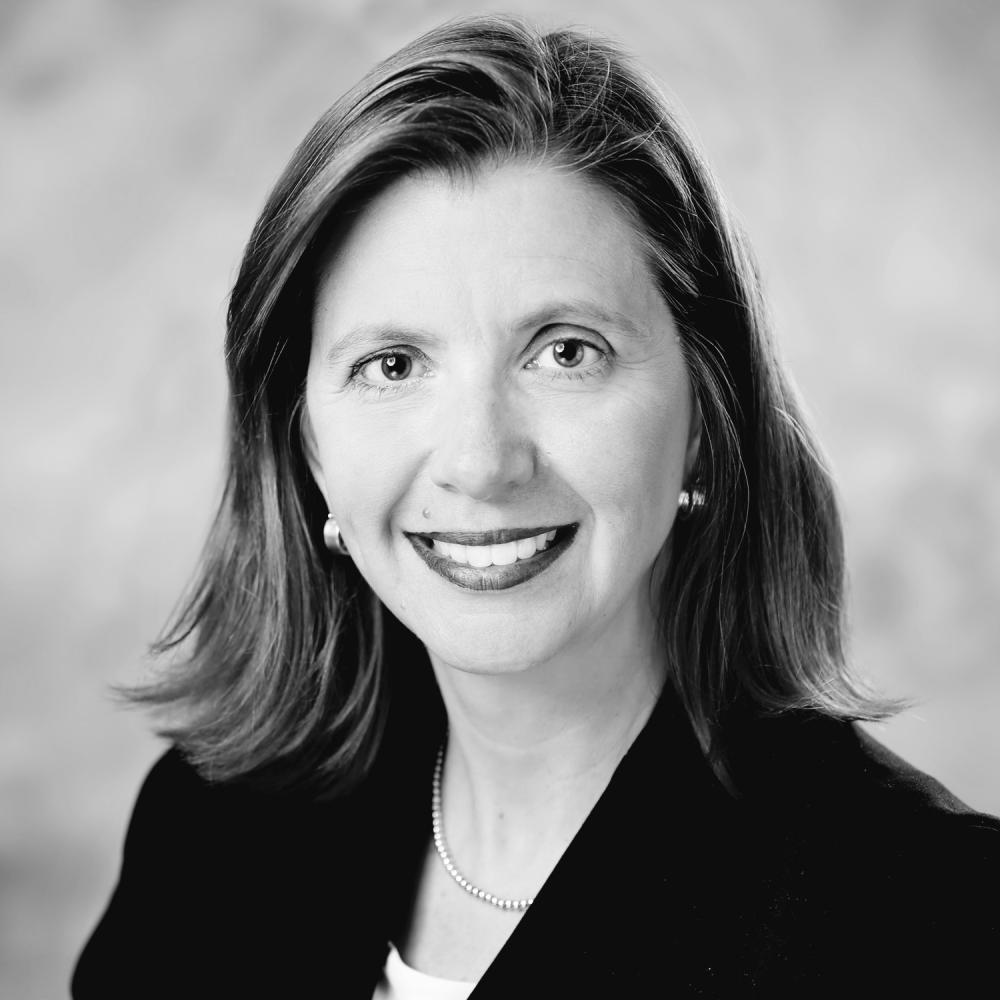
While Silicon Valley often comes to mind when you think of software development, there is a growing hub of tech activity in Latin America as major players such as Google, IBM, Microsoft and Amazon expand operations in the region.
According to the Inter-American Development Bank, software development will be the fastest-growing career in Latin America over the coming years, with 1.2 million professionals needed by 2025. However, like Silicon Valley, the tech sector in Latin America is highly dominated by men, with women making up less than 10 percent of software developers.
This startling statistic is a problem – not only for gender equality in the region but for the future growth of the tech sector there whose success relies on finding highly skilled workers. According to the OECD, Latin America has the world’s widest gap between the available pool of skills and those demanded by firms.
Expanding the pool of female coders
With backing from Google, Microsoft and other tech giants, Women Who Code (WWCode) has grown from a small group of women engineers in 2011, to become one of the world’s largest and most active nonprofits dedicated to helping women excel in technology. Today it has networks in 60 cities across 20 countries, including more than a half dozen in Latin America.
Recently it launched its most recent network in Costa Rica with funding from California-based software firm VMware.
“When we are able to bring a network to a new city like San Jose, it makes such a difference in the lives of the engineers living there,” said Alaina Percival, said WWCode CEO in a press release issued at the network’s launch. “It is a place where the talented engineers in the local community can gather together, and support one another, while also benefiting from valuable technical learnings that will enhance their career.”
The network will host technical, career, educational and networking events for its members and join with other WWCode networks to offer scholarship opportunities to members.
Investing in human capital to battle inequality
“In Latin America there are millions of women with the potential of becoming the digital leaders of tomorrow,” said Mariana Costa Checa, co-founder and CEO of Laboratoria, which, like WWCode, also helps women in Latin America develop careers in tech.
Laboratoria, which has a presence in Chile, Brazil, Peru and Mexico, offers a six-month bootcamp starting with basic tech skills and finishing with specialized training in front-end development and UX design. Participants learn JavaScript, HTML and CSS. In the past three years, more than 1,300 women have graduated, with more than 80 percent of them getting jobs in technology with salaries, on average, three times what they were earning before. According to its website, more than 400 companies have hired Laboratoria graduates since it opened its doors in 2014.
Any woman can apply to Laboratoria. Through a series of questions and interviews, it identifies those who could benefit and have the potential for a career in technology. To date, more than 7,500 women have applied.
“Prioritizing the right type of investments in human capital is the only way forward for the region,” wrote Costa in Fortune last month. “If the public and private sectors address this talent gap in a way that ensures less privileged groups can benefit equally, a more inclusive future would be within reach.
“Imagine a Latin America where women, ethnic minorities, and underserved youth are part of designing the products and services we use daily. In the most unequal region in the world, bringing their skills and views in to shape the digital economy is a chance to start building societies that can respond to the needs of all.”
Image credit: Women Who Code

Maggie Kohn is excited to be a contributor to Triple Pundit to illustrate how business can achieve positive change in the world while supporting long-term growth. Maggie worked for more than 20 years at the biopharma giant Merck & Co., Inc., leading corporate responsibility and social business initiatives. She currently writes, speaks and consults on corporate responsibility and social impact when she is not busy fostering kittens for her local animal shelter. Click here to learn more.














